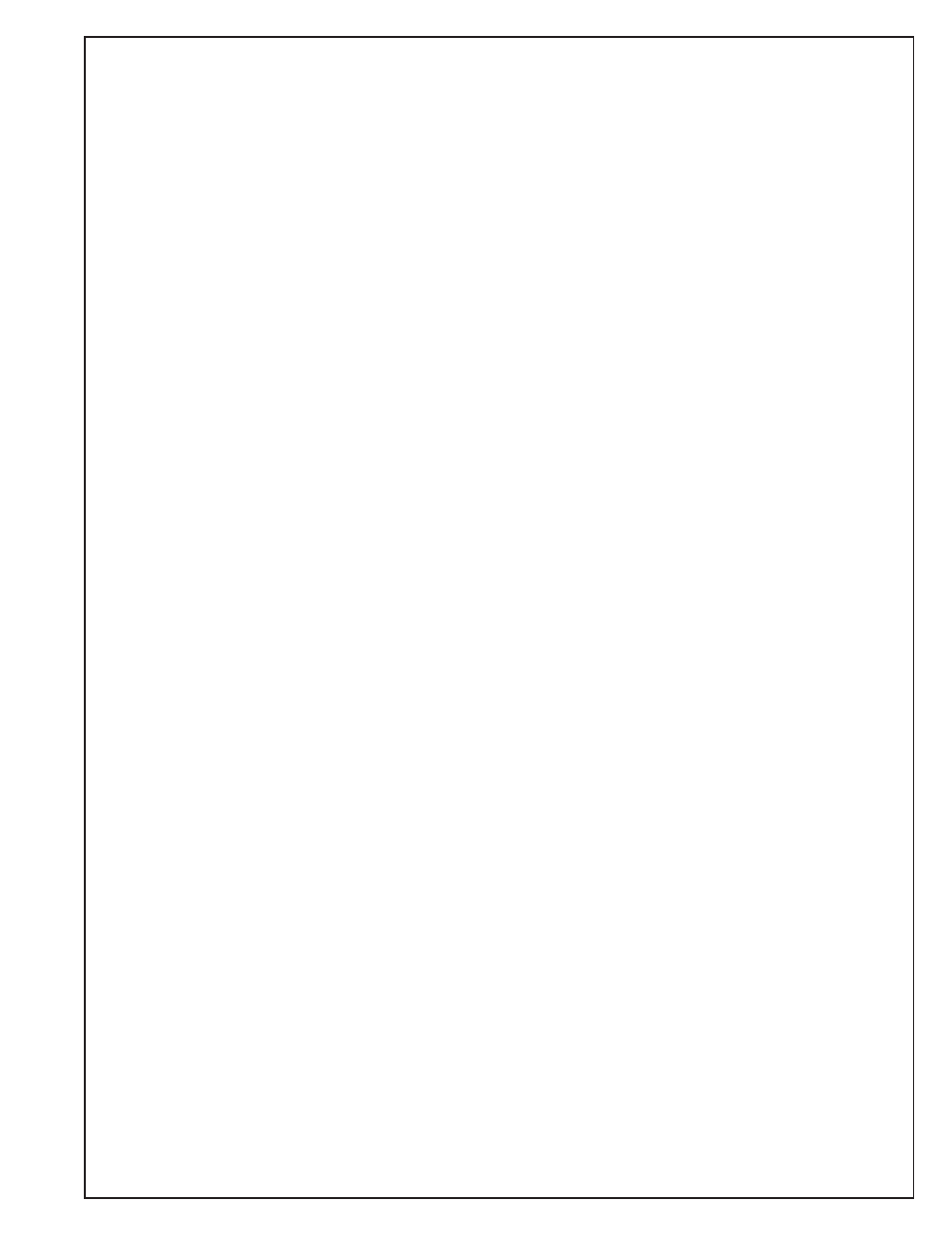TAMKO AWAPLAN SA FR User Manual
Tamko, Awaplan sa fr, Self-adhering sbs modifi ed cap sheet

TAMKO
®
AWAPLAN SA FR
Self-Adhering SBS Modifi ed Cap Sheet
GENERAL APPLICATION INSTRUCTIONS
THIS PRODUCT IS FOR APPLICATION ONLY IN LIMITED STATES AND COUNTIES LISTED BELOW:
(1) IN THE STATES OF ALABAMA, ARKANSAS, ARIZONA, FLORIDA, GEORGIA, LOUISIANA, MISSISSIPPI, NEW
MEXICO, NORTH CAROLINA, OKLAHOMA, SOUTH CAROLINA, TENNESSEE, TEXAS, (2) IN THE FOLLOWING
COUNTIES IN THE STATE OF NEVADA: CLARK, ESMERALDA, AND NYE, AND (3) IN THE FOLLOWING COUNTIES IN
THE STATE OF CALIFORNIA: ALAMEDA, CONTRA COSTA, IMPERIAL, INYO, KERN, KINGS, LOS ANGELES, MARIN,
MERCED, MONTEREY, NAPA, ORANGE, RIVERSIDE, SACRAMENTO, SAN BENITO, SAN BERNARDINO, SAN DIEGO,
SAN FRANCISCO, SAN JOAQUIN, SAN LUIS OBISPO, SAN MATEO, SANTA BARBARA, SANTA CLARA, SANTA CRUZ,
SOLANO, SONOMA, STANISLAUS, VENTURA, AND YOLO.
For more information visit tamko.com. The limited warranty for this product only applies in the permitted states and counties.
Otherwise, this product is sold "AS IS" and without warranty of any kind including any implied warranty or condition of
merchantability or fi tness for particular purpose. See TAMKO's limited warranty for complete details.
Apply materials only in fair dry weather when the interface temperature (air, roof deck, membrane) is a minimum of 45
o
F and rising.
STORAGE OF AWAPLAN SA FR:
All roofi ng materials must be properly stored in a dry location prior to application. Store materials on platforms off the ground or roof
deck and covered with opaque waterproof tarps that have been properly tied down. During cold or damp environmental conditions,
place the rolls in a heated area. Do not remove wrapper from the roll until ready to use. Wet or damp roofi ng materials must never
be used in the construction of a TAMKO roof assembly. To prevent the rolls from becoming deformed or damaged, store them in a
standing position with the labels right side up and not double stacked. If rolls become deformed, unroll the rolls on the roof and allow
the sun to relax them. Any areas where accidental damage occurs to a roll must be cut out before the material is installed. All factory
splices must be cut out prior to installation. If inadvertently installed, factory splices must be cut out and replaced with a full-width
piece of like material that extends 6 in. on each side of the splice and placed in a 1/8 in. thick layer of TAM-PRO Q-15 Elastomeric
Flashing Cement.
ROOF DRAINAGE:
Proper and adequate drainage of roof surfaces is critical to performance of this product. A minimum roof slope of ¼ in. per ft. is
recommended. Positive drainage is required and is the responsibility of those involved in the design and construction of the roof deck
and supporting structure.
BASE PLY:
Install one or more plies of AWA NAILBASE and/or AWABASE SA prior to the application of AWAPLAN SA FR. Consult the
current TAMKO Commercial Roofi ng Specifi cations and Details Manual for specifi cation options available online at www.tamko.com/
commercialspecs.
LAYING THE ROOF MEMBRANE:
The substrate must be smooth, dirt free, dry and free from irregularities. All exposed (open) edges must have wood nailers. In the case
of steel or masonry roof decks, wood nailers shall be provided around the perimeter of the roof and around all openings so fl ashings
may be securely fastened. All metal and masonry surfaces that receive a self-adhered sheet must be primed with TAM-PRO 813 Quick
Dry Primer , TAM-PRO 814 Low VOC Primer, or TAMKO TWP-2 Water Based Primer. Begin all plies of roofi ng membrane at the low
points. Application will not be acceptable if at any point the fl ow of water is against the laps.
Membrane is to be installed with side laps of 4 inches and end laps of 6 inches. Align the roll and pull both pieces of the split release
fi lm from the back of the membrane to expose one to two feet of adhesive. Apply pressure to adhere the exposed adhesive to the top
surface of the base sheet to assure solid contact. Pull both pieces of the split release fi lm off the membrane as you unroll the roll.
Once the entire sheet is in place, use a roller of adequate size and weight to ensure solid contact with the base sheet. When installing
subsequent rolls, the clear release liner must be removed from the selvedge edge of the previously installed membrane. Install the next
roll of membrane using the same method.
PRODUCT DATA